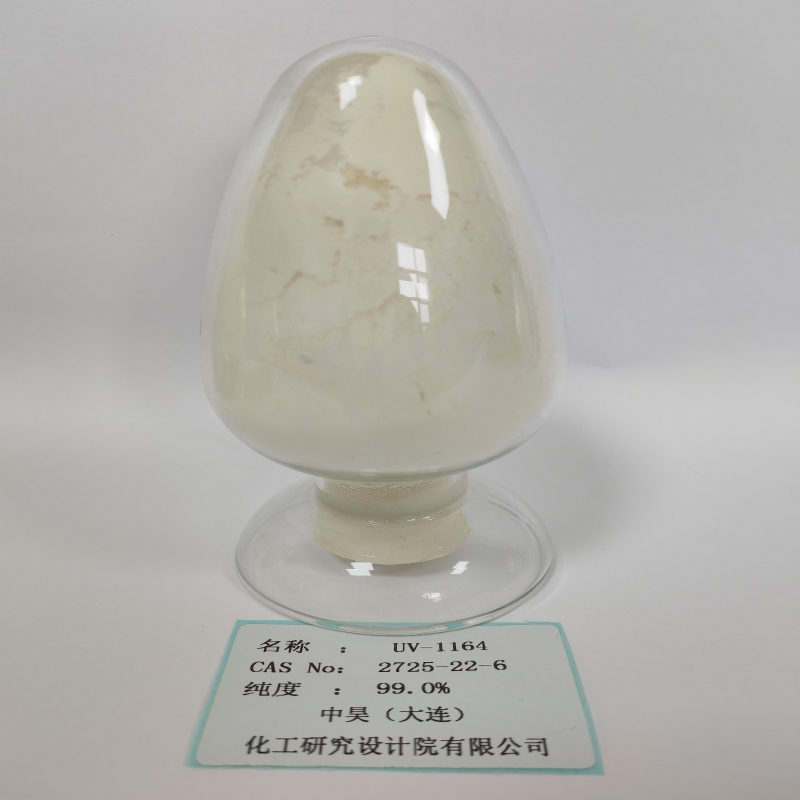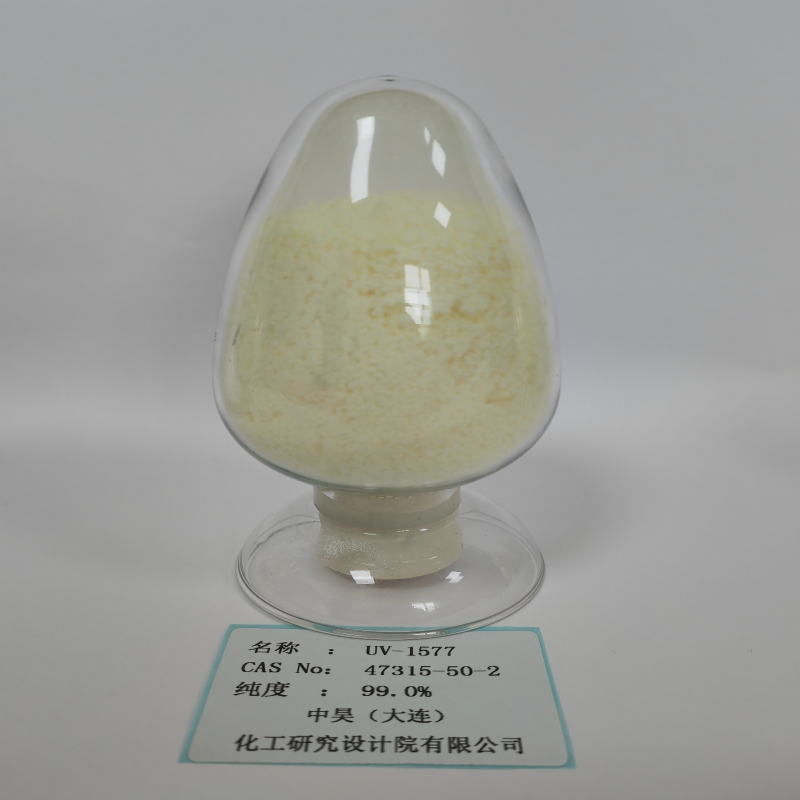-
Categories
-
Pharmaceutical Intermediates
-
Active Pharmaceutical Ingredients
-
Food Additives
- Industrial Coatings
- Agrochemicals
- Dyes and Pigments
- Surfactant
- Flavors and Fragrances
- Chemical Reagents
- Catalyst and Auxiliary
- Natural Products
- Inorganic Chemistry
-
Organic Chemistry
-
Biochemical Engineering
- Analytical Chemistry
-
Cosmetic Ingredient
- Water Treatment Chemical
-
Pharmaceutical Intermediates
Promotion
ECHEMI Mall
Wholesale
Weekly Price
Exhibition
News
-
Trade Service
According to the latest research report released by Markets and Markets, the global electric vehicle connector market size was about $30 million in 2018 and is expected to increase to $98 million by 2025, with a compound annual growth rate of 18.
44%.
The increase in sales of electric vehicles and the consequent increase in demand for charging stations are the main reasons
for the stable and rapid development of electric vehicle connectors.
EV connectors can act as EV couplers with charging poles
required for power transmission.
The connector helps establish the connection
of the battery to the charging point.
Different EV connectors provide charging capabilities with different currents and powers, improving efficiency
.
By type, increasing demand for fast charging points is expected to drive the EV connector market
.
GB/T is the largest of all Type 1 charging points and is expected to witness significant growth
during the forecast period.
At the same time, the increasing demand from AC charging points to DC fast charging points will also boost its market development
.
The charging level depends on the power output of the charging station and the corresponding time
required to charge the electric vehicle.
DC Level 3 requires significant infrastructure and service upgrades, making it the most
expensive to install compared to the other two levels.
Level 3 EV connectors are primarily used in the global connector market
.
This type of charger is capable of charging
the vehicle 80% of its electricity in less than 10 minutes.
This class of connectors is suitable for fast charging, is suitable for typical 45 kW off-board chargers, and is suitable for the range of
200 V to 600 V.
With the increase in demand for AC to DC charging, the market for Level 3 EV connectors will rise
.
Geographically, Asia-Pacific is estimated to be the largest market
for EV connectors in 2018.
The region includes some of the world's fastest-growing economies, such as China and India
.
Asia Pacific is the largest market for electric vehicles because of government support
in subsidies and tax rebates.
In addition, countries such as Japan and China are constantly improving their charging infrastructure
.
As a result, EV charging infrastructure will rise and drive the market
for its connectors.
Continuous improvement of charging infrastructure and increasing number of models are the major factors
contributing to the fastest growing market in Asia Pacific.
In addition, the level of pollution in economies such as Japan and China is worrying, driving the demand for zero-emission vehicles, creating a huge demand
for electric vehicles and electric vehicle charging points in these countries.
In terms of manufacturers, Yazaki of Japan, Tyco Electronics of Switzerland, Sumitomo Electric of Japan, Schneider Electric of France, Haoxun of Switzerland, Bosch of Germany, ITT of the United States, Amphenol of the United States, Siemens of Germany, ABB of Switzerland and Fujikura of Japan will become the world's leading manufacturers of connectors for electric vehicles
.
According to the latest research report released by Markets and Markets, the global electric vehicle connector market size was about $30 million in 2018 and is expected to increase to $98 million by 2025, with a compound annual growth rate of 18.
44%.
The increase in sales of electric vehicles and the consequent increase in demand for charging stations are the main reasons
for the stable and rapid development of electric vehicle connectors.
EV connectors can act as EV couplers with charging poles
required for power transmission.
The connector helps establish the connection
of the battery to the charging point.
Different EV connectors provide charging capabilities with different currents and powers, improving efficiency
.
By type, increasing demand for fast charging points is expected to drive the EV connector market
.
GB/T is the largest of all Type 1 charging points and is expected to witness significant growth
during the forecast period.
At the same time, the increasing demand from AC charging points to DC fast charging points will also boost its market development
.
The charging level depends on the power output of the charging station and the corresponding time
required to charge the electric vehicle.
DC Level 3 requires significant infrastructure and service upgrades, making it the most
expensive to install compared to the other two levels.
Level 3 EV connectors are primarily used in the global connector market
.
This type of charger is capable of charging
the vehicle 80% of its electricity in less than 10 minutes.
This class of connectors is suitable for fast charging, is suitable for typical 45 kW off-board chargers, and is suitable for the range of
200 V to 600 V.
With the increase in demand for AC to DC charging, the market for Level 3 EV connectors will rise
.
Geographically, Asia-Pacific is estimated to be the largest market
for EV connectors in 2018.
The region includes some of the world's fastest-growing economies, such as China and India
.
Asia Pacific is the largest market for electric vehicles because of government support
in subsidies and tax rebates.
In addition, countries such as Japan and China are constantly improving their charging infrastructure
.
As a result, EV charging infrastructure will rise and drive the market
for its connectors.
Continuous improvement of charging infrastructure and increasing number of models are the major factors
contributing to the fastest growing market in Asia Pacific.
In addition, the level of pollution in economies such as Japan and China is worrying, driving the demand for zero-emission vehicles, creating a huge demand
for electric vehicles and electric vehicle charging points in these countries.
In terms of manufacturers, Yazaki of Japan, Tyco Electronics of Switzerland, Sumitomo Electric of Japan, Schneider Electric of France, Haoxun of Switzerland, Bosch of Germany, ITT of the United States, Amphenol of the United States, Siemens of Germany, ABB of Switzerland and Fujikura of Japan will become the world's leading manufacturers of connectors for electric vehicles
.







